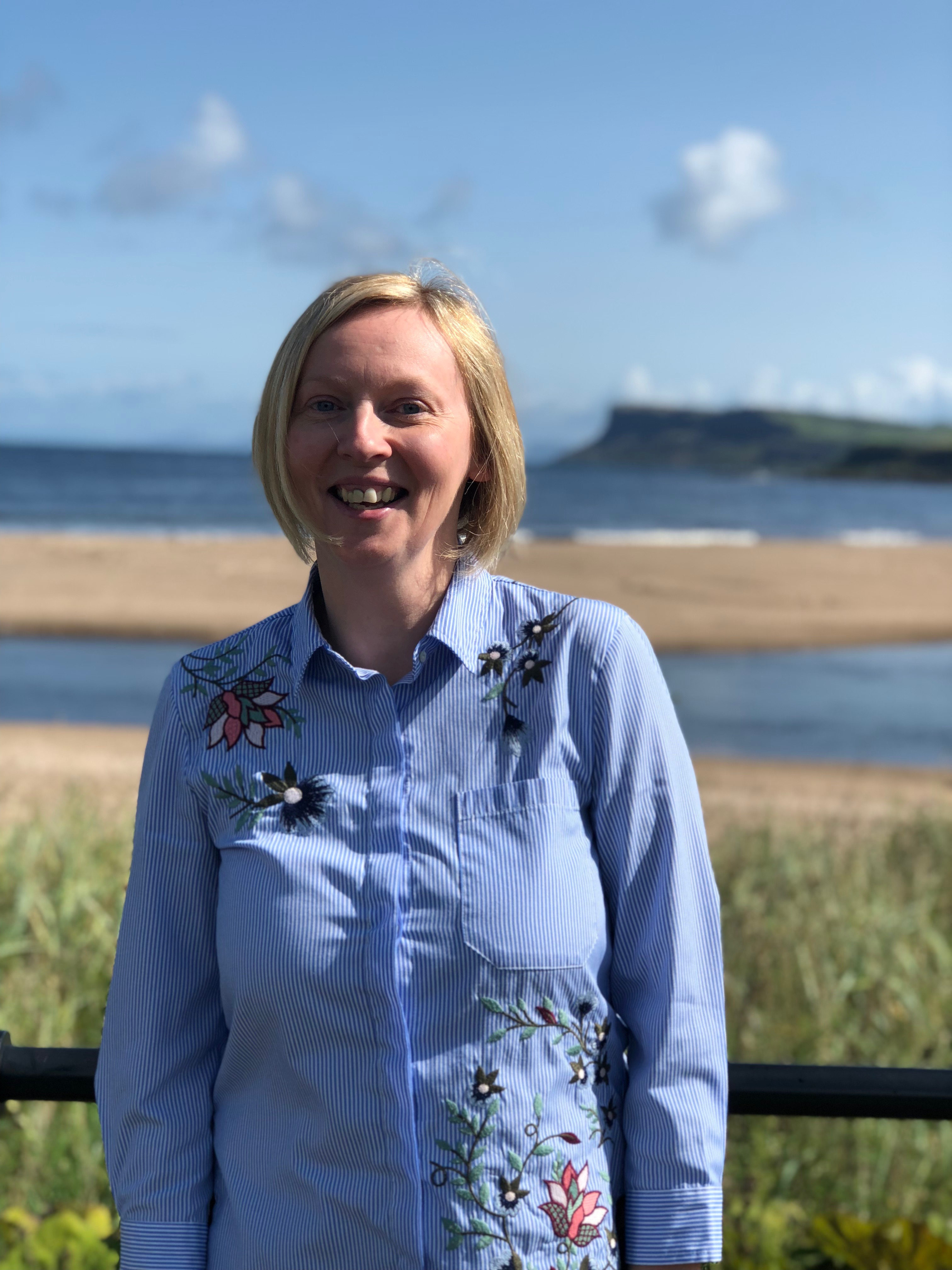Eating disorders are serious, yet they are treatable and people can make a full recovery. The journey is long and isn’t easy, but it is possible to get help and fight the fear.
Types of eating disorders:
Anorexia nervosa causes a person to feel overweight, even though they may be considerably underweight. The desire to lose weight can lead to the person skipping meals, starving themselves and/or exercising excessively.
Bulimia can cause a person to feel as though they have lost control in their relationship with food. People with bulimia can fall into a cycle of eating excessively (binge-eating) and purging - through vomiting, over-exercising or using laxatives.
Binge-eating disorder sees people experiencing a loss of control and overeating regularly. Sometimes described as compulsive eating, a person may rely on food for emotional support or use food as a way to mask difficult feelings.
Eating disorder not otherwise specified (EDNOS)
In the past some people with disordered eating may have been diagnosed with EDNOS (eating disorder not otherwise specified).
However, if you are worried about your own health, or a loved one, there are several warning signs you can look out for, including:
- Skipping meals
- Commenting on their weight, even if they are of a healthy weight/are underweight
- Weighing themselves repeatedly
- Avoiding eating situations, feeling uncomfortable eating in public or making excuses
- Only eating low-calorie foods
- Change in behaviour or personality
- Withdrawing from social situations or hobbies they previously enjoyed
- Using or mentioning ‘pro-anorexia’ websites
At Castle Counselling Services we can offer you the space and support you may need to consider any eating issues you may have, and we can offer cognitive behavioural techniques tailored to your specific needs. We will also collaboratively work with you to provide you with the support you need to move forward and can also signpost you to other support services within the local area.
